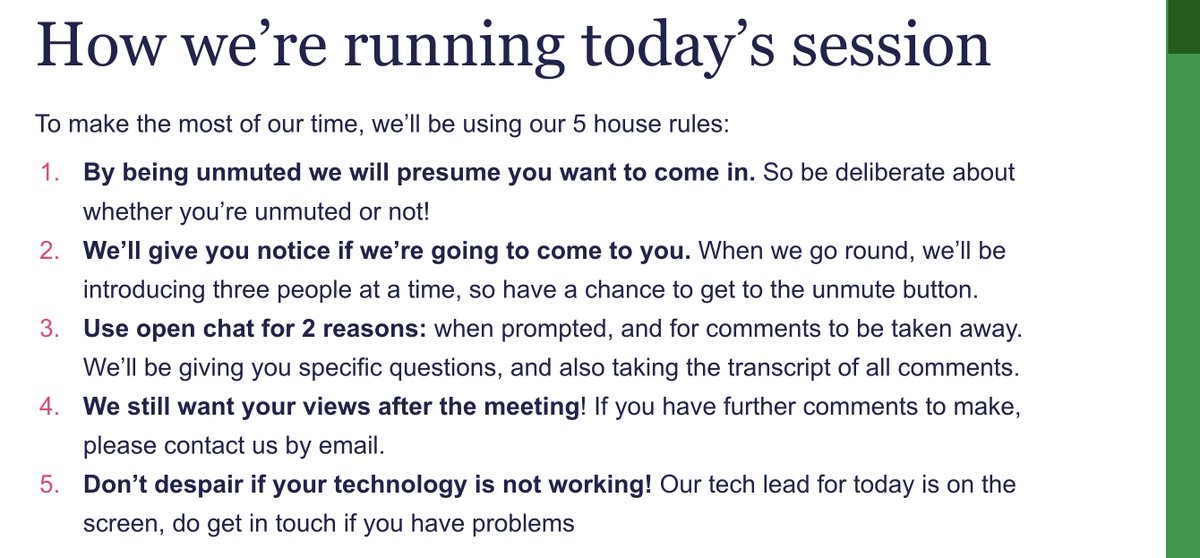Still reflecting on yesterday's 1st #ChangingHealthcare event on what we can learn from @NICEComms, held jointly by @kscopehealth & @HSRN_UK. Fascinating day - 5 things stood out for me. And join our webinar on 25/2 to hear more: bit.ly/kscope-NICE 

1: Let's start with the basics. Has NICE been successful? Well, it's copied all over the world, and is still standing 21 years later - in comparison to vast majority of other health bodies. No-one really has an answer to what we'd have if we didn't have NICE.
2: So why? Lots of worthy reasons - clinical engagement, political buy-in, leadership stability, bit of luck. Am sure that's right. But there's also some fundamentals: they recruited great people and have always had a clear purpose, simply explained. How many NHS orgs have that?
3: Also NICE has avoided structural reorganisation partly by having great processes which they can defend robustly. We talk about structures in the NHS *endlessly*, but barely anything about process - what if we swapped those round? What processes are ICSs/STPs all great at?
4: NICE does 'nice' things well - breadth of involvement, transparency, etc etc. But, as Tim Irish, acting NICE Chair, talked about, you can't soap-sud the hard edge to NICE's decisions. People literally live and die by them. Just listening is only the start ('just'!).
5: But is NICE just different? Of course. But also stuffed full of learning for others. The whole point of #ChangingHealthcare is to help us think more about how successful change happens, rather than lamenting over failure. Lots more events to join: kscopehealth.org.uk/project/changi…
• • •
Missing some Tweet in this thread? You can try to
force a refresh












